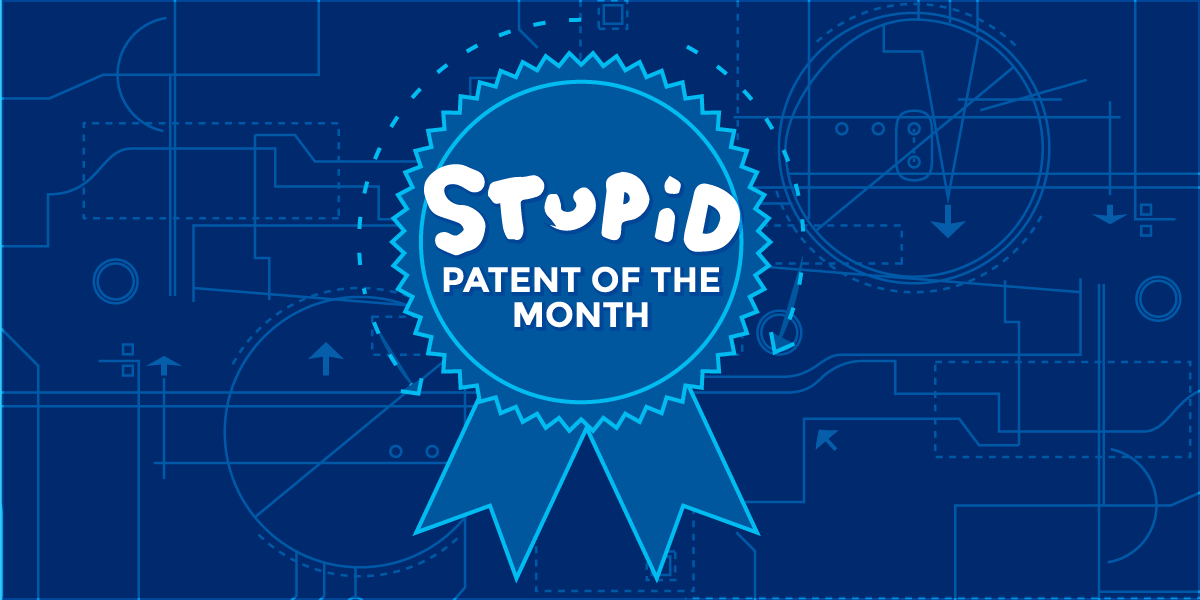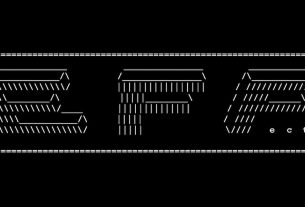Patents are supposed to be an incentive to invent. Too often, they end up being a way to try to claim “ownership” of what should be basic building blocks of human activity, culture, and knowledge. This is especially true of software patents, an area EFF has been speaking out about for more than 20 years now.
This month’s Stupid Patent, No. 8,655,715, continues the tradition of trying to use software language to capture a monopoly on a basic human cultural activity–in this case, contests.
A company called Opus One, which does business under the name “Contest Factory,” claims this patent and a related one cover a huge array of online contests. So far, they’ve filed five lawsuits against other companies that help build online contests, and even threatened a small photo company that organizes mostly non-commercial contests online.
The patents held by Contest Factory are a good illustration of why EFF has been concerned about out-of-control software patents. It’s not just that wrongly issued patents extort a vast tax on the U.S. economy (although they do—one study estimated $29 billion in annual direct costs). The worst software patents also harm peoples’ rights to express themselves and participate in online culture. Just as we’re free in the physical world to sign documents, sort photos, store and label information, clock in to work, find people to date, or teach foreign languages, without paying extortionate fees to others, we must also be free to do so online.
Patenting Contests
Claim 1 of the ‘715 patent has steps that claim:
- Receiving, storing, and accessing data on a computer;
- Sorting it and generating “contest data”;
- Tabulating votes and picking a winner.
The patent also uses other terms for common activities of general purpose computers, such as “transmitting” and “displaying” data.
In other words, the patent describes everyday use of computers, plus the idea of users participating in a contest. This is a classic abstract idea, and it never should have been eligible for a patent.
In a 2017 article in CIO Review, the company acknowledges how incredibly broad its claims are. Contest Factory claims it patented “voting in online contests long before TV contest shows with public voting components made their appearance,” and that it holds patents “associated with online contests and integrating online voting with virtually any type of contest.”
Lawsuit Over Radio Station Contest
In its most recent lawsuit, Contest Factory says that a Minneapolis radio station’s “Mother’s Day Giveaway” for a mother/daughter spa day infringed its patent. The radio station asked people to post mother-daughter selfies online and share their entry to collect votes.
Contest Factory sued Pancake Labs (complaint), the company that helped the radio station put the contest online. Contest Factory also claimed a PBS contest in which viewers created short films and voted on them was an example of infringement.
For the “Mother’s Day Giveaway” contest, the patent infringement accusation reads in part that, “the executable instructions … cause the generation of a contest and the transmission of the first and second content data to at least one user to view and rate the content.”
Contest Factory has sued over quite a few internet contests, dating back more than a decade. Its 2016 lawsuits, based on the ‘715 patent and two earlier related patents, were filed against three small online marketing firms: Vancouver-based Strutta, Florida-based Elettro, and California-based Votigo, for contests that go back to 2011. We don’t know how many more companies or online communities have been threatened in all.
Sharing user-generated content like photos—cooperatively or competitively—is the kind of sharing that the digital world is ideal for. When patent owners demand a toll for these activities, it doesn’t matter whether they’re patent “trolls” or operating companies seeking to extract settlements from competitors. They threaten our freedoms in unacceptable ways.
The government shouldn’t be issuing patents like these, and it certainly shouldn’t be making them harder to challenge.


